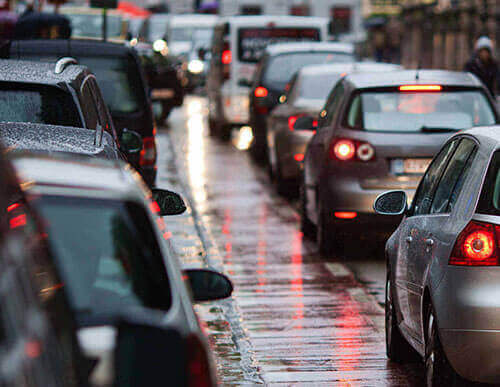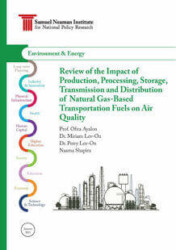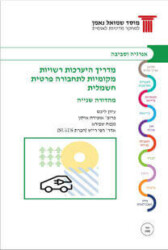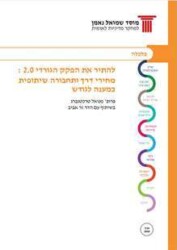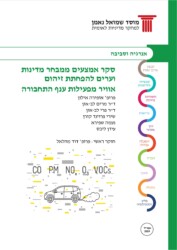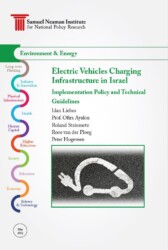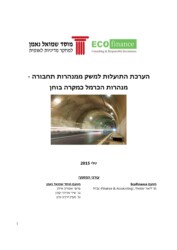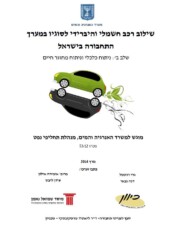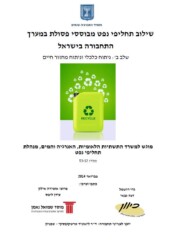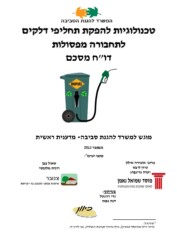Means of transport including, private and public road transport, mechanical engineering equipment, trains, ships, and planes are the engine of the local and global economy. Israel is a small, very urban, and densely populated country. The automotive market is growing in light of high demand – despite heavy taxation and high market prices. As a result, Israel is characterized by high air pollution from the transportation sector, especially, in urban areas.
Samuel Neaman Institute’s publications in the field examine, among others, the environmental impacts of the various means of transportation and the policy required to reduce them, the benefits and barriers to integrating oil substitutes in the transportation sector, including, electric transportation, waste-based and bio-ethanol fuel substitutes, and the economic benefits of transportation projects such as road tunneling and more.
See also Energy Forum reports on the subject: Hybrid and electric vehicles, Natural gas for transportation, national priority documents on Transportation and the environment and Road pricing mechanisms, and other activities on public transportation-oriented development.

